

Forages for Cattle: New Methods of Determining Energy Content and Evaluating Heat Damage
Reviewed
This guide offers practical advice on selecting and managing cover crops for grazing, focusing on species choice, timing, and economic considerations.
Corn Silage
Reviewed
Corn silage is a popular forage for ruminant animals because it is high in energy and digestibility. Visit our site to learn more about corn silage.
Sunflower: An American Native
Reviewed
Simple Home Repairs: Screened Doors and Windows
Reviewed
Learn to repair or replace damaged screens in wood and metal frames with this step-by-step guide on tools, materials, and techniques.
Selecting Wire Fencing Materials
Reviewed
There is an old adage that says "good fences make good neighbors." This is particularly true today in suburban areas of Missouri where a neighbor's cow or horse is seldom welcome in nearby lawns or gardens. The most economical solution is a wire fence capable of containing your livestock.
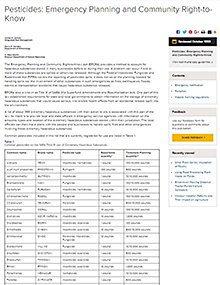
Pesticides: Emergency Planning and Community Right-to-Know
Reviewed
Learn about Emergency Planning and Community Right-to-Know Act, its requirements for hazardous substances, and reporting procedures for emergency situations.
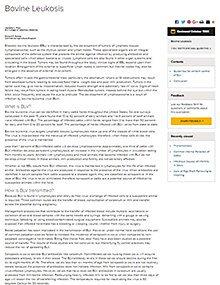
Bovine Leukosis
Reviewed
Enzootic bovine leukosis causes lymphatic tumors in cattle; BLV spreads via blood, colostrum, and possibly biting flies.
Feeding Dairy Cattle for Proper Body Condition Score
Reviewed
Monitor and manage dairy cow body condition to enhance milk production, reproductive efficiency, and overall herd health throughout lactation.
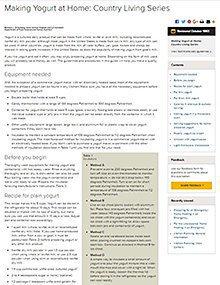
Making Yogurt at Home: Country Living Series
Reviewed
Learn how to make yogurt at home with simple equipment, easy recipes, and tips for achieving the best flavor and texture.
The Bluegrasses
Reviewed
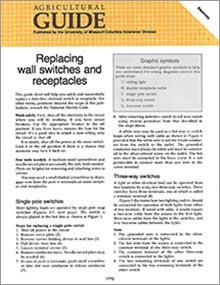
Replacing Wall Switches and Receptacles
Reviewed
Editor’s note
The PDF version of this publication includes illustrations.

Feeds for Light Horses
Reviewed
Learn how to feed light horses efficiently by choosing the right balance of grains, roughages, and supplements to maintain their health and minimize costs.
Sorghum Aphid Pest Management
Reviewed
Sorghum aphids can rapidly multiply, damaging crops and spreading viruses; timely identification and control are essential to protect yields.
Are Radial Tractor Tires Cost Effective?
Reviewed
Radial tractor tires offer improved traction, fuel efficiency, and longer tread life compared to bias-ply tires, potentially reducing overall operating costs.

Hardware Disease of Cattle
Reviewed
Hardware disease of cattle is produced by a sharp object that pierces the stomach wall and gains access to the heart. Visit our site to learn more.
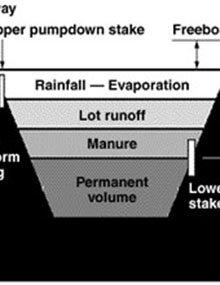
Earthen Pits (Basins) for Liquid Dairy Waste
New
Earthen pits are cost-effective structures for storing liquid dairy waste, requiring proper design and soil conditions to prevent contamination.
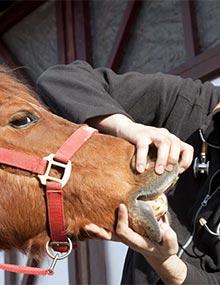
Health Hints for Your Horse
Reviewed
Learn about common ailments and injuries in horses, so you can prevent problems and ride more.

Show Me Healthy Relationships: Singles Course Workbook
New
Editor's note
This item is available for University of Missouri Extension internal orders only.
For more information, contact extpubs@missouri.edu
Collective Bargaining 3: Effective Negotiations - Page 4
Preparation of a bargaining book Preparation of a bargaining book
Before the first meetings with the company, many locals prepare a bargaining book to assist in the organization of all materials that are or may be useful in the negotiatio